Fair Play workshops held at EUG 2024
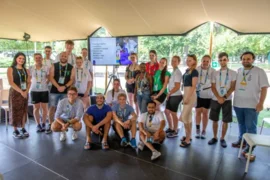
On July 16, at EUG 2024 in both Debrecen and Miskolc, two workshops on the topic of Fair Play were held. The workshops were facilitated by Youth Exchange Program participants in both cities.
The workshops focused on the importance of Fair Play in sport to promote integrity, respect, sport excellence and equal opportunity and the correlation between fair play and mental health.
The session in Debrecen was kicked off with a group discussion on personal experiences related to fair play in sport, while the session in Miskolc was kicked off with a creative ice breaker.
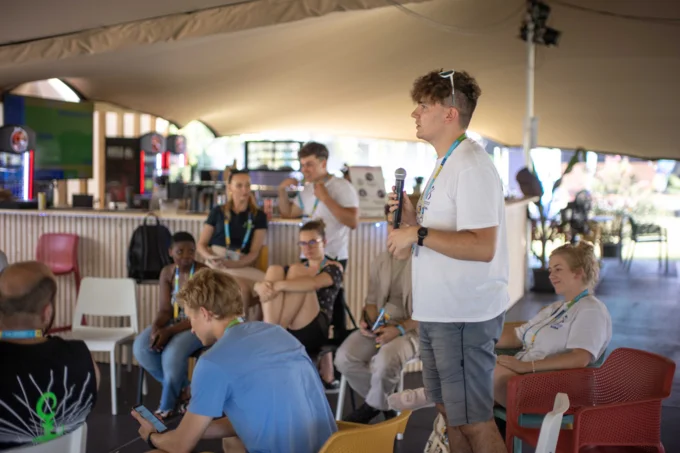
The workshop leaders shared with the groups how the Debrecen-Miskolc European University Games are promoting Fair Play at the games this year.
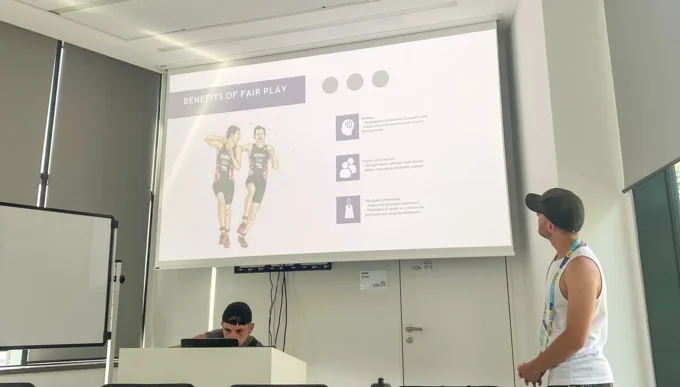
Upon arrival at the Games, athletes are required to declare their respect for the Fair Play rules by signing the EUG24 Fair Play agreement document. This document acts as a declaration to have respect for the rules, for officials and opponents, and the spirit of the game.
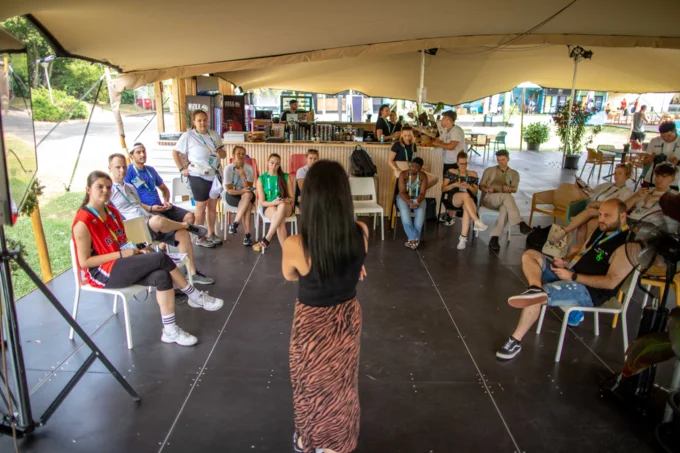
During the workshops, the facilitators shared information on the positive impact Fair Play can have when successfully practised. Practising Fair Play principles allows athletes to develop positive character traits, experience the benefits of good sportsmanship, improve team cohesion with positive team camaraderie and feel supported in the sporting community. These benefits of Fair Play can have a positive effect on all stakeholders of the sport community including athletes, teams, coaches, officials and spectators.
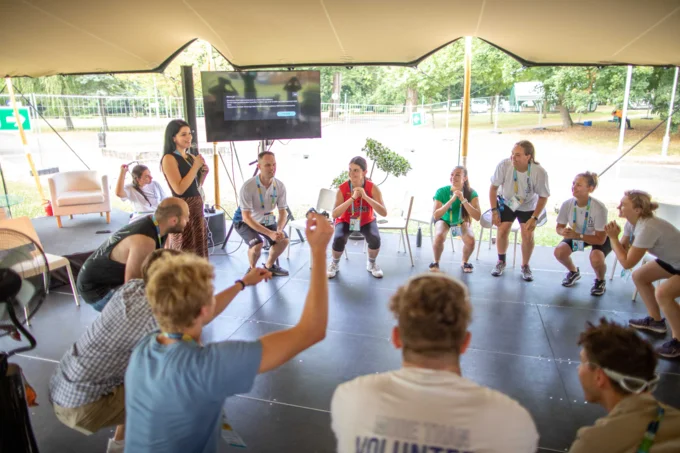
During the workshops, the many challenges of displaying Fair Play actions were explored such as effects caused by the pressure to win, being affected by others' non sportsmanship behaviours, lack of education and awareness and the influence of doping/cheating. The workshops leaders then shared ways in which it is possible to promote fair play such as attending workshops and other educational programmes, campaigning, introducing policies and guidelines, and spreading awareness across social media platforms.
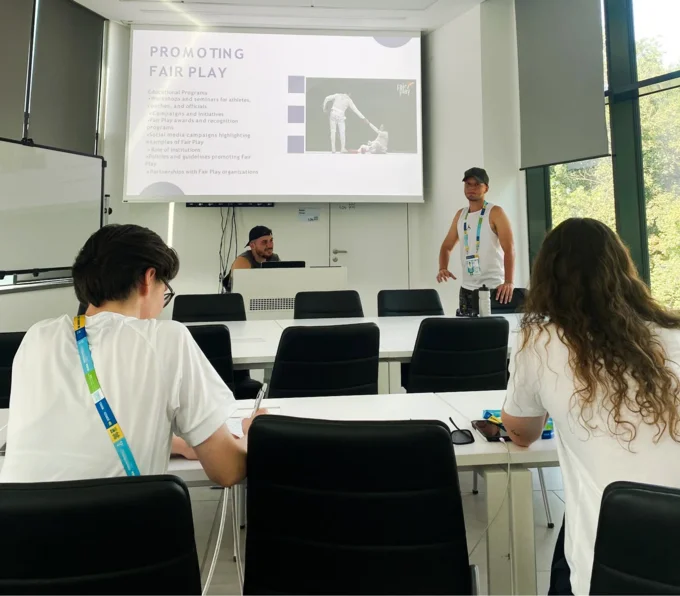
Case Studies were shared with the participants to show real life examples of the impact of Fair Play. One case study being the story of runners Nikki Hamblin (New Zealand) and Abbey D’Agostino (America) who, after taking a fall during their race and experiencing injuries, helped each other to finish the race at the Rio Olympics 2016. Their display of fair play resonated globally, and despite finishing last place, they both were still awarded the opportunity to compete in the final, as well as being awarded the International Fair Play Committee Award.
After watching videos displaying ways in which fair play can be practised, the session came to an end with the participants sharing their thoughts on how fair play is practised in their respective sports and how they can strive to promote Fair Play in the future.
